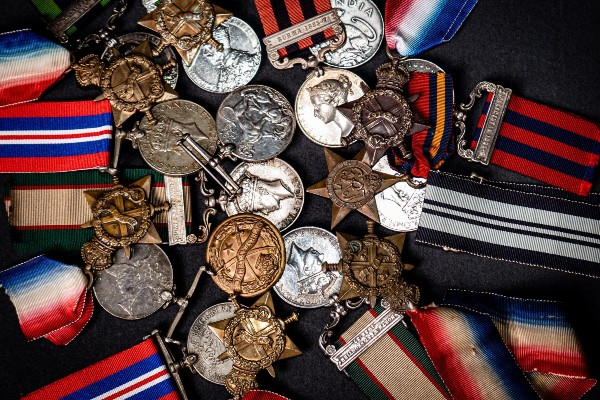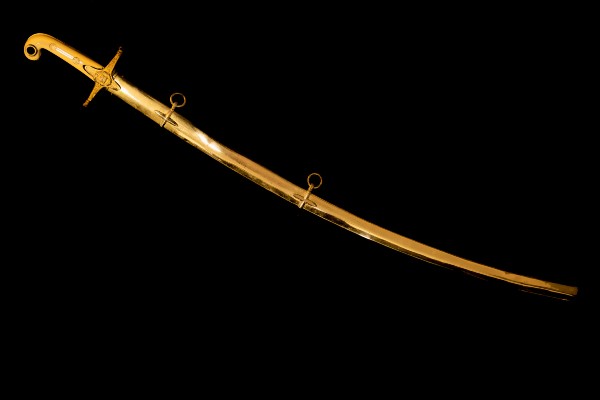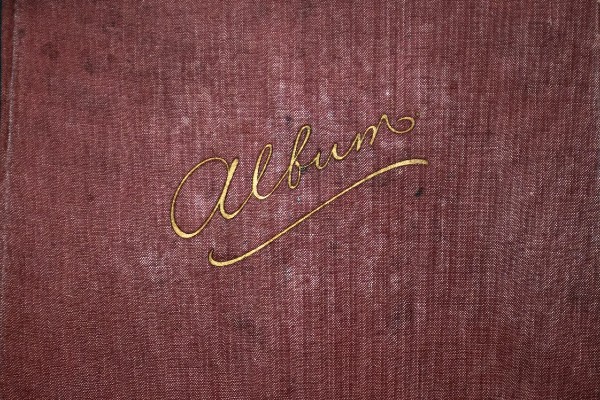Liberating ourselves from the Shackles of South Asianness: Disentangling the Diversity, Oppression, and Injustice.
This open letter is written by and on behalf of members of marginalized communities who do not identify with the label "South Asian." We write to you, esteemed Members of the Legislative Assembly of British Columbia, including Members of Parliament and other influential individuals in the government and education system, today with a sense of urgency and gravity.
The term "South Asian" is disparaging as it homogenizes and erases the unique identities, cultures, and experiences of millions of people from the Indian subcontinent, reducing them to a generic label that perpetuates stereotypes and overlooks diversity.
The term "South Asian" is demeaning as it fails to recognize our individuality and richness as Canadians.
The term "South Asian" is dehumanizing as it objectifies and essentializes people from a particular region, reducing them to mere data points, statistics, or checkboxes on forms instead of acknowledging their humanity, agency, and complexity as individuals and communities.
We were compelled to speak up following the recent one-way community dialogue held on April 13th for a potential “South Asian” museum in British Columbia, and the tweet of the Honourable Lana Popham of the same date.
The timing of your announcement for the first public meeting of the "South Asian Museum" has left us deeply concerned. As we all know, April 13th is Vaisakhi, a sacred day for the Sikh community, and we cannot help but feel that this coincidence was not a mere oversight.
We were hopeful that this event would be more than just a perfunctory formality. We wanted meaningful dialogue and an exchange of ideas, but instead, our voices were silenced, our emotions were disregarded, and our questions were left unanswered.
The event was advertised as a gathering of stakeholders to discuss the historic, first-of-its-kind “South Asian Museum.” However, there wasn’t an opportunity to address our concerns. There appeared to be no veiled attempt to address our questions, and we asked the simplest of questions, including:
"Is the name South Asian set in stone?"
We are still waiting for an answer.
After the failed community engagement and dialogue attempt, the drawing table seems to be where this is headed, and we remain steadfast in our commitment to assist if properly engaged.
So, tell us, the community you sought to engage, will you listen to our concerns and genuinely value the contributions of all marginalized communities? Or will you continue disregarding our voices and emotions, perpetuating the historic and compounding marginalization we face daily?
The choice is yours.
Let's transition to the primary matter at hand. We want to bring to your attention the term "South Asian," commonly used to refer to individuals originating from the Indian subcontinent. Although this term appears innocuous and expedient, it is a deeply colonized term that disregards millions of individuals' unique identities and experiences. During this community dialogue, I questioned the following:
“As we understand, the Chinese Canadian Community was privileged to have the first-ever Chinese Canadian Museum. China is a constituent of East Asia, which comprises Hong Kong, Japan, Macau, Mongolia, North Korea, South Korea, and Taiwan. Why was this museum not called the East Asian Museum”.
“There are numerous countries in South Asia, including Afghanistan, Bangladesh, Bhutan, India, Maldives, Myanmar, Nepal, Pakistan, Sri Lanka, and Tibet. Consequently, why are we endeavouring to amalgamate South Asia into a single, homogeneous entity when this seems to deviate from the precedent that has already been set?”
It is a dire and distressing reality that minorities are frequently compelled to demonstrate solidarity with those who oppress them under the guise of “South Asian” unity. This insidious practice perpetuates a cycle of systemic subjugation whereby marginalized communities are forced to conform to the dominant narrative, even at the expense of their identities and well-being. The deleterious effects of this oppressive tactic are immeasurable and require immediate redressal.
The use of "South Asian" as a blanket term is not only insensitive but also harmful to the diverse ethnic groups that reside in the region. We must engage in further discussions to re-evaluate the necessity of this label and acknowledge its potential consequences for the various ethnic minorities classified under it.
We implore you to hear our community's plea and recognize the harm of labelling diverse ethnic groups under the homogenizing term "South Asian." Naming a museum as such would be a grave historical blunder, perpetuating the systemic erasure of distinct cultural identities. Instead, let us come together and reject these arbitrary labels, standing in solidarity to demand a world where cultural diversity is celebrated, and everyone is valued for their unique contributions. Additionally, the museum must ensure the inclusion of unrepresented nations from that region, who are fighting for their survival and sovereignty and have been living in Canada as Canadians.
Together, let us strive towards a Canada that embraces its multiculturalism and celebrates the diversity that makes us strong. As we sing "O Canada," let us remember the words, "With glowing hearts we see thee rise, the True North strong and free." Let us strive towards a firm and free Canada where everyone is respected and celebrated for their unique and unified identities.
Respectfully submitted,
WNC Team







